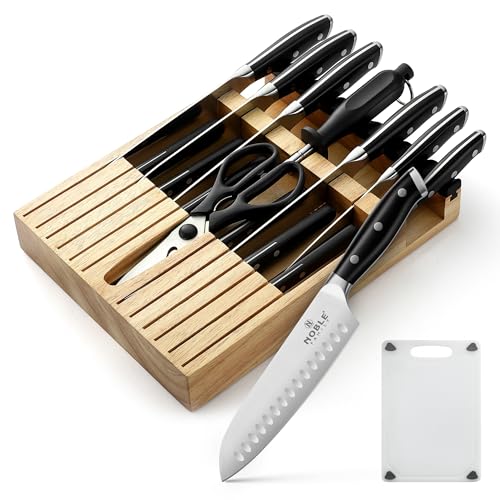Most people here refer to them as carbon steel (though I don't think one term is necessarily better than the other); there's already whole threads discussing it.
For me cleaning... I usually just keep it simple with hot water, but sometimes soap; in practise if they're seasoned well they can handle some soap just fine.
For seasoning, in the past I used to really go out of my way to season them a lot when I got a new one but honestly it's rather wasteful. Basically just get a starter laying going and then just cook with it. If you insist on seasoning, stovetop and oven both work fine (and I never had the issues running the de Buyer handles at 275c), and a lot of fats work well. That being said, flaxseed oil IMO sucks (flakes off after a while), and rice oil wasn't working that well for me either (probably because of the high smoke point) - it just wouldn't really form a proper layer.
























